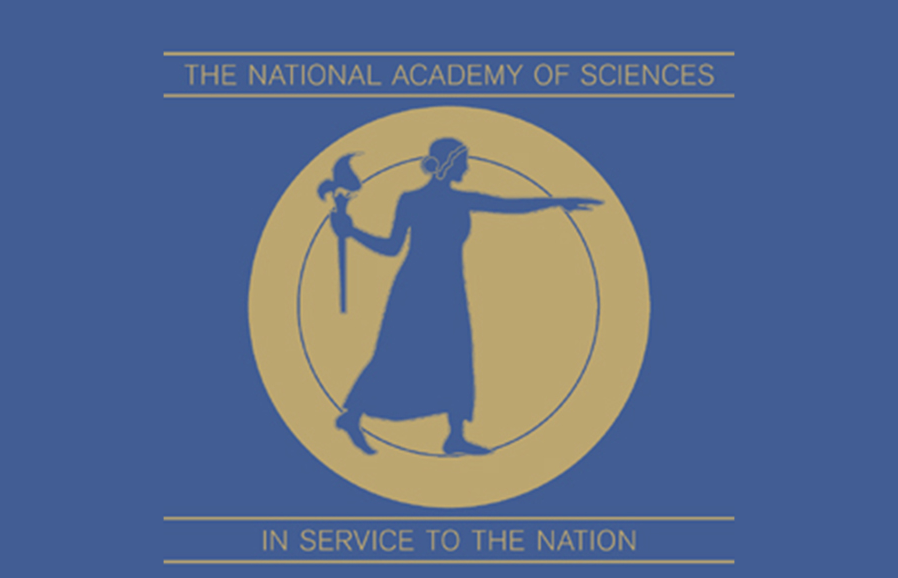APS Spotlight
Six APS Fellows Elected to Membership in National Academy of Sciences

Six Fellows of the Association for Psychological Science (APS) are among the most recent inductees into the National Academy of Sciences (NAS). Membership in the NAS is a widely accepted mark of excellence in science and is considered one of the highest honors that a scientist can receive.
The academy announced Monday, April 27, 2020, the election of 120 members and 26 international members in recognition of their distinguished and continuing achievements in original research.
APS Fellows newly elected into the NAS are:
Randall Engle, full professor, School of Psychology, College of Sciences, Georgia Institute of Technology, Atlanta.
Susan J. Goldin-Meadow, the Beardsley Ruml Distinguished Service Professor, department of psychology, The University of Chicago, Ill.
Elke U. Weber, the Gerhard R. Andlinger Professor, departments of psychology and public affairs, Woodrow Wilson School of Public and International Affairs, Princeton University, Princeton, N.J.
Janet F. Werker, the University Killam Professor, department of psychology, University of British Columbia, Vancouver, Canada.
Timothy D. Wilson, the Sherrell J. Aston Professor of Psychology, department of psychology, University of Virginia, Charlottesville.
One APS Fellow was newly elected as an international member:
Anna C. Nobre, director, Oxford Centre for Human Brain Activity, department of experimental psychology, University of Oxford (United Kingdom/Brazil).
The newly elected NAS members bring the total number of active members to 2,403 and the total number of international members to 501. International members are nonvoting members of the academy with citizenship outside the United States.
The National Academy of Sciences is a private, nonprofit institution that was established under a congressional charter signed by President Abraham Lincoln in 1863. It recognizes achievement in science by election to membership, and—with the National Academy of Engineering and the National Academy of Medicine—provides science, engineering, and health policy advice to the federal government and other organizations.





APS regularly opens certain online articles for discussion on our website. Effective February 2021, you must be a logged-in APS member to post comments. By posting a comment, you agree to our Community Guidelines and the display of your profile information, including your name and affiliation. Any opinions, findings, conclusions, or recommendations present in article comments are those of the writers and do not necessarily reflect the views of APS or the article’s author. For more information, please see our Community Guidelines.
Please login with your APS account to comment.